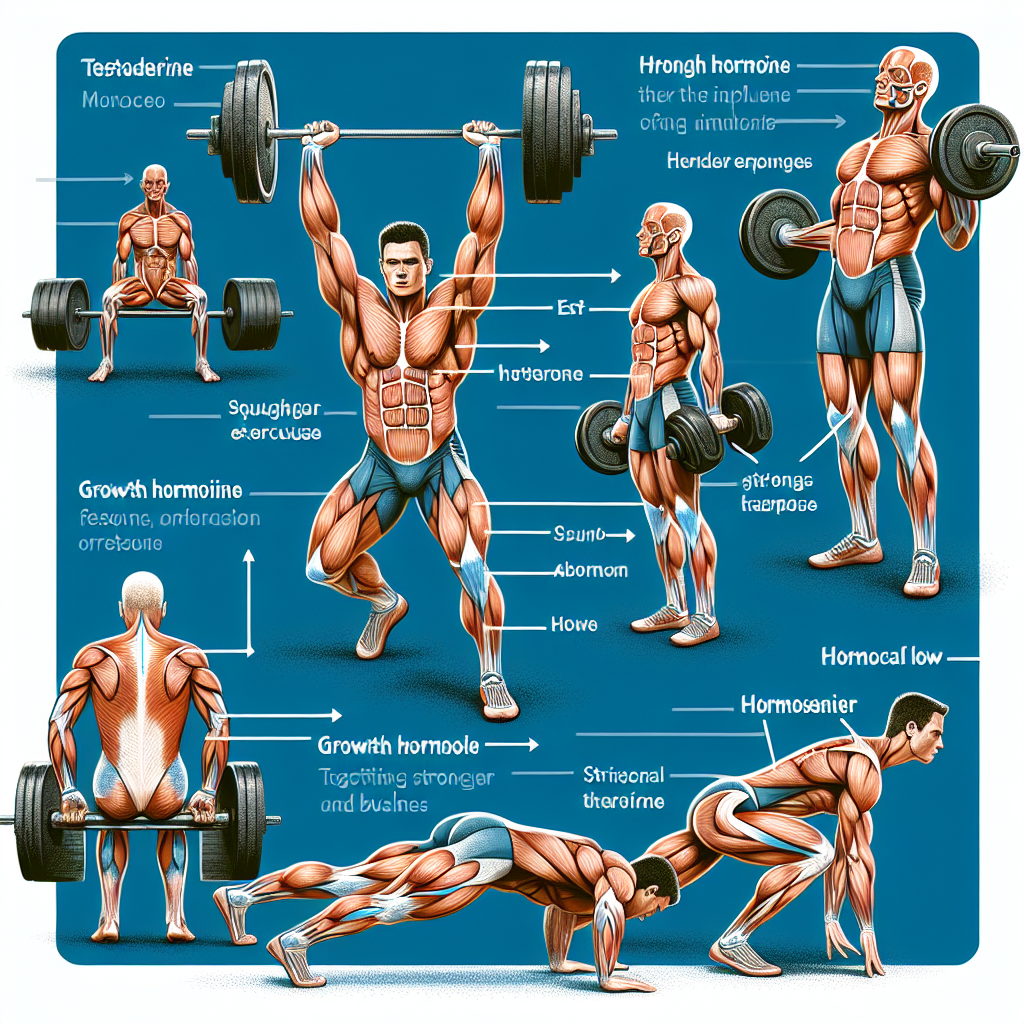Strength training, commonly associated with bulging muscles and physical prowess, has a lesser-known yet equally significant impact on our brain health. The interconnectedness of physical fitness and cognitive function has been a subject of extensive research, unveiling profound insights into how lifting weights and muscle resistance exercises can stimulate neural growth and enhance cognitive performance. This article delves into the mechanisms behind strength training’s influence on the brain and underscores its role as a powerful tool in nurturing a robust and resilient neural environment.
The Neurobiological Link Between Muscles and Mind
To appreciate the cerebral benefits of strength training, one must first understand the neurobiological channels that connect our muscular activities to brain health. When we engage in strength training, our muscles produce and release a variety of substances, including enzymes, growth factors, and myokines, which have the potential to cross the blood-brain barrier and influence brain function.
One such growth factor is the brain-derived neurotrophic factor (BDNF), which plays a pivotal role in neurogenesis—the creation of new neurons—and synaptic plasticity, the ability of the brain to reorganize and form new neural connections. BDNF’s role is critical in learning, memory, and higher thinking processes, and studies have shown that exercise-induced BDNF production directly correlates with cognitive enhancements.
Learn more about the broader implications of brain health
Resistance Training and Cognitive Function
Emerging evidence suggests that resistance or strength training can lead to cognitive improvements across various domains such as executive function, attention, and memory. This is particularly significant as these cognitive domains are essential for performing daily activities, problem-solving, and decision-making.
The act of lifting weights or resistance exercises requires not only physical exertion but also the engagement of the central nervous system. This dual demand on the body and brain promotes neural growth and cognitive resilience. As muscles contract, they not only become stronger but also stimulate the brain to adapt and grow.
Explore strategies for coping with age-related cognitive function
Strength Training’s Role in Neuroprotection and Recovery
Strength training’s impact extends beyond cognitive improvement to encompass neuroprotection and recovery. It has been observed that engaging in regular strength training can potentially delay the onset of neurodegenerative diseases such as Alzheimer’s and Parkinson’s by fostering a more resilient neural network.
Moreover, for individuals recovering from neurological injuries, strength training can be an integral part of the rehabilitation process. Through the principles of neuroplasticity, the brain’s ability to rewire and heal, strength training can accelerate recovery and restore functional abilities.
Discover techniques to accelerate recovery from neurological injuries
The Hormonal Cascade of Strength Training
Strength training triggers a cascade of hormonal responses that indirectly support brain health. Hormones such as testosterone and growth hormone, which are released during intense physical activity, not only contribute to muscle growth but also benefit the brain. These hormones can aid in the repair and growth of neural cells, and their neuroprotective properties are essential for maintaining cognitive health.
Implementing Strength Training for Neural Growth
To harness the neural benefits of strength training, consistency and progression are key. A well-rounded regimen that gradually increases in intensity can offer the most cognitive benefits. Here are some practical tips for incorporating strength training into your routine:
- Start with a solid foundation: If you’re new to strength training, begin with basic exercises that target major muscle groups and focus on proper form and technique.
- Progress gradually: As your strength builds, increase the weight or resistance to continue challenging your muscles and brain.
- Incorporate variety: Vary your workouts to engage different muscle groups and promote overall brain health.
- Stay consistent: Aim for at least two to three strength training sessions per week to maintain the benefits for your brain.
External Resources to Further Your Understanding
- A scholarly article on the effects of BDNF on the brain
- Research on the impact of physical exercise on cognitive function
- A study detailing the hormonal responses to resistance exercise
Incorporating strength training into your fitness routine can lead to profound and lasting changes not only in your physique but also in the very fabric of your brain. By understanding the connection between strength training and neural growth, we can better appreciate the holistic benefits of physical fitness and take proactive steps towards maintaining cognitive health and vitality.
As we’ve outlined, strength training is more than a pathway to physical prowess; it’s a gateway to a sharper, more resilient mind. Embrace the weights, and in turn, nourish your brain.



